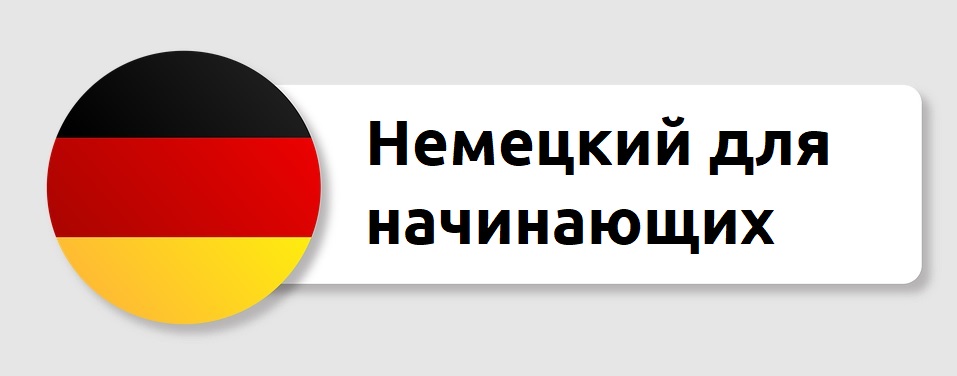1. Write the past simple form of the verbs.
1) begin __________
2) break __________
3) buy __________
4) take __________
5) grow __________
6) have __________
7) say __________
8) sing __________
Show answers
1) began 2) broke 3) bought 4) took 5) grew 6) had
7) said 8) sang
2. Complete the sentences with verbs from exercise 1.
1) mum __________ some pizzas at the supermarket.
2) ‘Good morning, everyone,’ __________ the teacher.
3) Liam __________ lunch in a café in town.
4) I __________ to study English when I was eight.
5) Martin __________ a song at the school concert.
6) Last year, we __________ potatoes in our garden.
7) David __________ a train from London to Edinburgh.
8) Oh, no! Who __________ this glass?
Show answers
1) bought 2) said 3) had 4) began 5) sang 6) grew
7) took 8) broke
3. Put the time expressions in order, with the most recent first.
last month last night last week last year
the day before yesterday three months ago
two years ago yesterday afternoon yesterday morning
1) __last night____
2) _____
3) _____
4) _____
5) _____
6) _____
7) _____
8) _____
9) _____
Show answers
2) yesterday afternoon 3) yesterday morning
4) the day before yesterday 5) last week 6) last month
7) three months ago 8) last year 9) two years ago
4. Rewrite the sentences in the past tense. Add the time expression in brackets.
1) I wear trainers to school. (yesterday)
I wore trainers to school yesterday.
2) Sally and I take the bus to school. (the day before yesterday)
________
3) Susan sleeps until ten o’clock. (yesterday morning)
________
4) dad does a lot of housework. (last week)
________
5) I spend a lot of money on clothes. (last weekend)
________
6) mum makes cakes. (yesterday afternoon)
__________________
Show answers
2) Sally and I took the bus to school the day before yesterday.
3) Susan slept until ten o’clock yesterday morning.
4) dad did a lot of housework last week.
5) I spent a lot of money on clothes last weekend.
6) mum made cakes yesterday afternoon.
5. Complete the text. Use the past simple form of the verbs in brackets. Then listen and check.
ALBERT EINSTEIN1 _____ (be) born in 1879 in Germany. He 2) _____ (hate) school. His teachers 3) _____ (think) he wasn’t very clever, and he 4) _____ (leave) school at the age of fifteen. But he 5) _____ (love) science, and he 6) _____ (read) lots of books on his own. When he was 23, he 7) _____ (move) to Switzerland and 8) _____ (get) a job in an office. In his free time, he 9) _____ (write) about physics and the universe, and he 10) _____ (send) his work to universities. In 1994, he 11) _____ (return) to Germany and 12) _____ (become) a professor at a university in Berlin. There, he developed new ideas about time, space and atoms. In 1921, he 13) _____ (win) the Nobel Prize for Physics.
In 1933, he 14) _____ (decide) to leave Germany and 15) _____ (go) to the USA, where he 16) _____ (live) for the rest of his life. He 17) _____ (die) in 1955 at the age of 76. Few people 18) _____ (can) understand his ideas at that time, but now they are an important part of physics.
Show answers
1) was 2) hated 3) thought 4) left 5) loved 6) read
7) moved 8) got 9) wrote 10) sent 11) returned 12) became
13) won 14) decided 15) went 16) lived 17) died 18) could
Challenge!
Write five sentences about yourself. Use the past simple and time expressions from exercise 3.
1) _____
2) _____
3) _____
4) _____
5) _____
